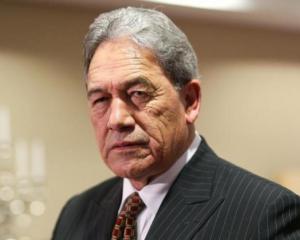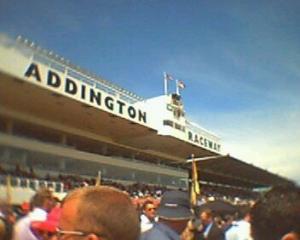
That is despite the Forbury Park club being a most unique track, racing under circumstances unlike those of any other club south of the Waitaki.
A plea was made to Forbury Park members that the current administrative model, consisting of both a board and a committee, must be changed.
The meeting was told the organisation must transform, so that positive change can be realised and the club can run more effectively.
It makes a lot of sense, and I certainly hope this motion can be passed at upcoming special meetings.
I am hopeful that this move could be what turns hope, effort and goodwill into positive results for the club.
The board and committee have not had a lack of people that have been willing to give up their time and energy to push for it to be successful.
Most of those that have moved on, having left frustrated that those efforts have not delivered the results they would have liked.
There has certainly been talk of personality clashes and differences of opinion, and I am sure that has not helped some progress.
However, when you look back at some of the previous individuals involved, you can see many of them are highly successful businesspeople.
I think much of what has stopped Forbury Park progressing is the structure under which it is operating.
The club's own configuration is just one part of that.
All clubs in New Zealand will need to shake up their governance models if they are to survive.
Southern clubs have been ahead of most in this area, with the development of Gallop South and Southern Harness, and this has had a positive effect on the Southern industry.
I believe it is the next layer of administration that is holding much progress back: inter-club, code and inter-code administration.
Right now the wider industry is failing to adapt to the changing nature of horse racing, whether it be gallops or trots.
Recent racing in Otago can demonstrate one minor part of this.
In a ten-day period there were three trots meetings in Otago, with Oamaru racing just four days before the Tuapeka Cup meeting.
That is not either of the clubs' fault, as their dates are dictated to them.
Yet they must bear the cost of running these seven, nine and eight-race meetings, while trying to generate betting and other revenue with light race cards.
Clearly this is an issue for the whole harness code - to make better use of the horse population and spread races evenly.
And the issue of race dates is something that needs to be worked out between the codes.
At their level and higher up, progress seems to be something that is simply going to be gifted to them by the Racing Minister and the implementation of the Messara report.
That mentality needs to change, because the Messara report has been around for over a year and not a lot is different at all.
The codes and clubs still need to drive change and improve their models in areas that are not bound to change under legislative movements.
Forbury Park appear to be doing that; let's hope more do.















